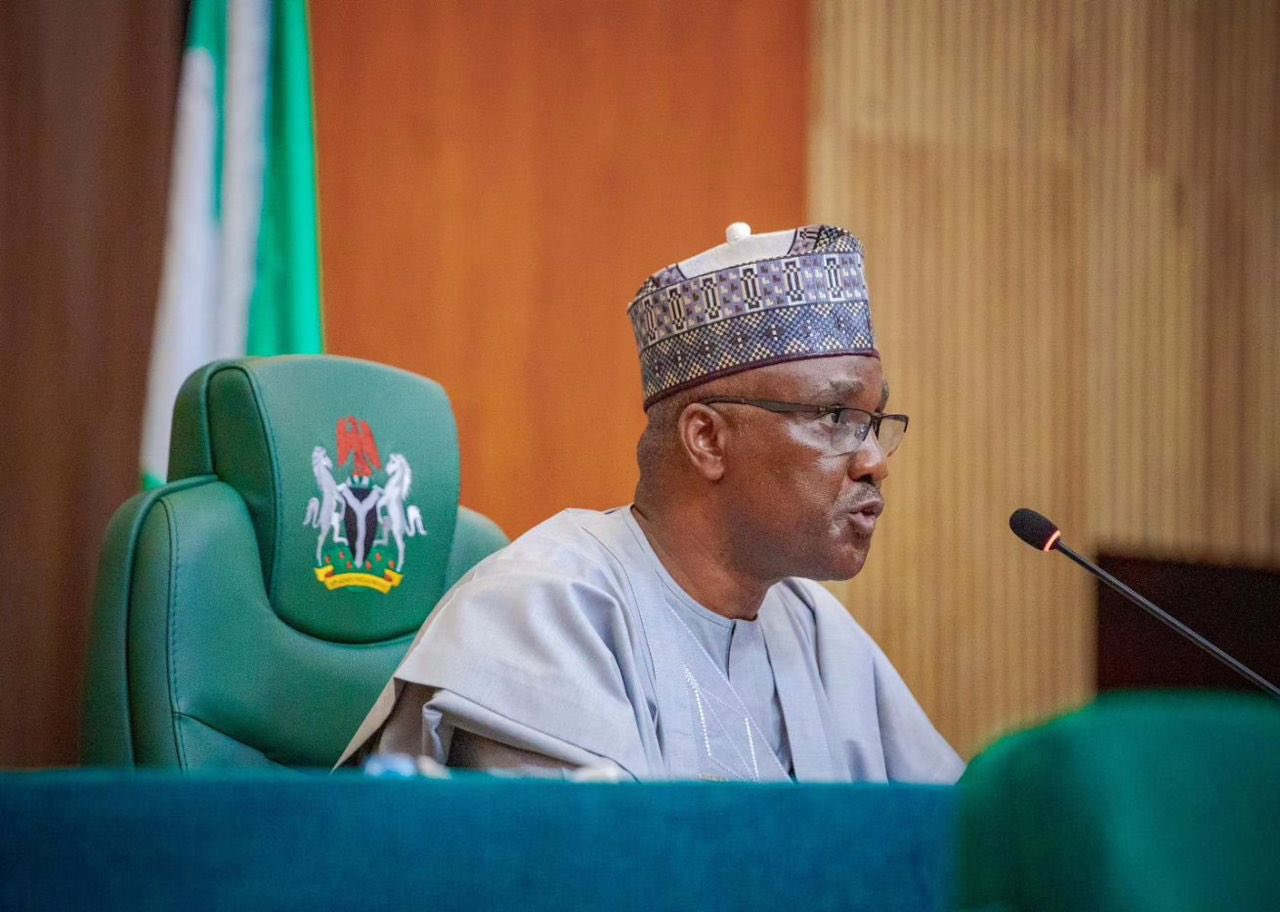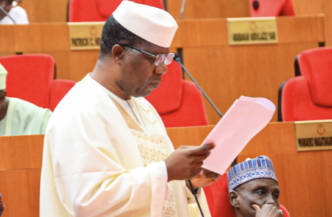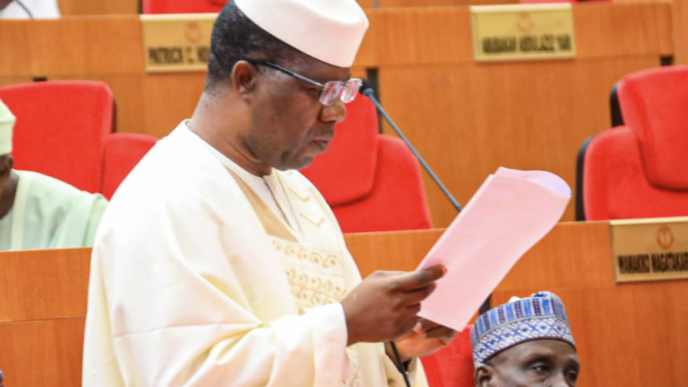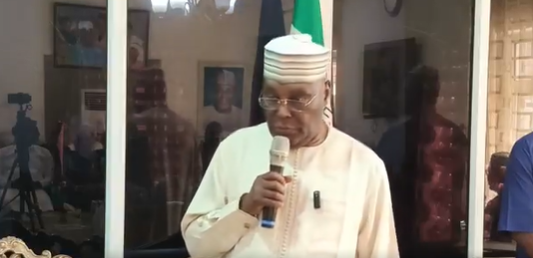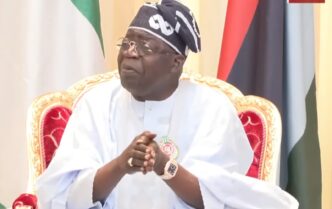Tajudeen Abbas
Tajudeen Abbas, speaker of the house of representatives, says Nigeria’s porous borders have made the country vulnerable to criminal activities.
Abbas spoke on Monday at the legislative dialogue on Nigeria’s security architecture organised by the house committee on constitution review.
Represented by Julius Ihonvbere, the house majority border, Abbas said the “complex and dynamic nature” of Nigeria’s security challenges demands new approaches and strategies which must be multi-dimensional, inclusive, and technology-driven.
He said the approaches must be backed by legal and institutional frameworks to ensure enhanced capacity, capability, and competence for overall effectiveness.
Advertisement
Abbas said the dialogue intends to draw views from security experts on addressing the nation’s insecurity.
The speaker said the dialogue is a precursor to the national security summit that the house will host in the coming weeks.
“Terrorism, banditry, piracy, militancy, and oil theft in different parts of the country combined to make life difficult for Nigerians,” Abbas said.
Advertisement
“We, therefore, resolved to take the necessary legislative measures to support the government’s drive to end insecurity.
“The issue of border security is also critical and needs urgent legislative attention. The porous nature of Nigeria’s expansive border makes it vulnerable to crime and criminality.”
Abbas said beyond the motions and bills, the parliament has taken several steps to improve security governance in Nigeria.
He said in April 2014, the house hosted a national dialogue on state policing and a technical workshop on police reforms between November 7 and 8, 2024.
Advertisement
Abbas said both events focused on improving policing and making the force more accountable and better suited to local needs.
Also speaking at the event, Benjamin Kalu, deputy speaker and chairman of the constitution review committee, said the aim of the dialogue is to collate expert perspectives on the “sickness” in the 1999 constitution that is preventing the country’s progress.
“Over the years, laws have been crafted on various aspects of national life, including security governance, often without a proper diagnosis of the real gaps and challenges as experienced by those on the frontline,” he said.
“As legislators, we recognise that the work of parliament is much like that of a physician: We must depend on accurate laboratory diagnosis to prescribe the right medication to cure an ailment.”
Advertisement
Early this month, Christopher Musa, chief of defence staff (CDS), called for the fencing of Nigeria’s borders to bolster national security.
He said countries like Pakistan and Saudi Arabia have had to fence their borders with Afghanistan and Iraq, respectively, due to increased insecurity.
Advertisement
